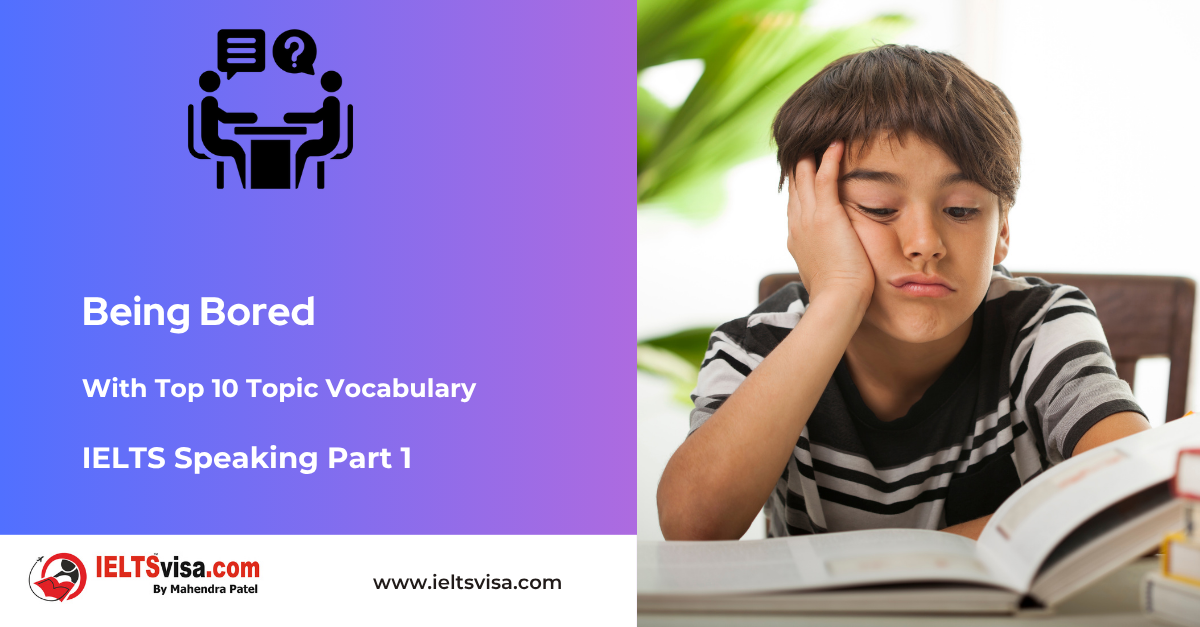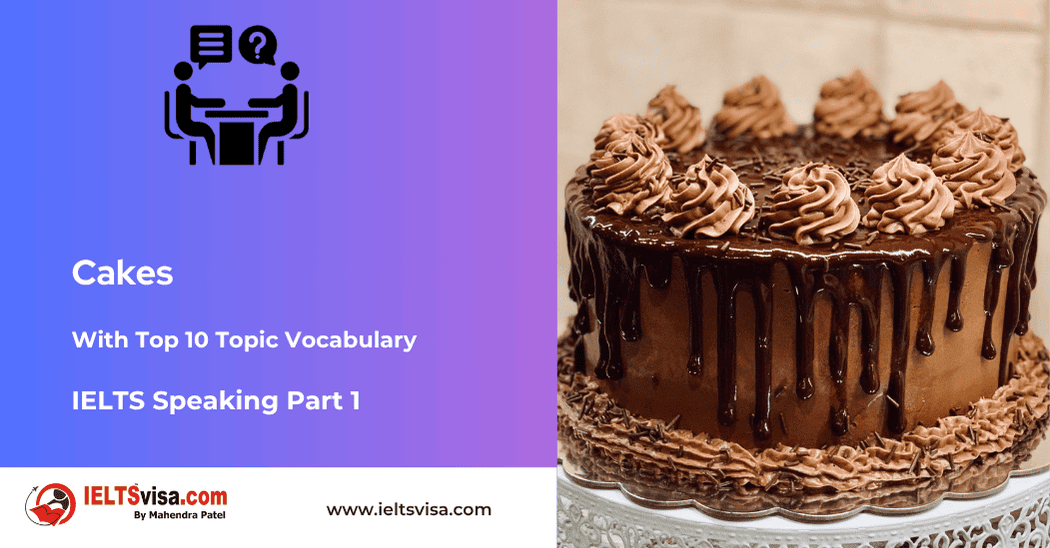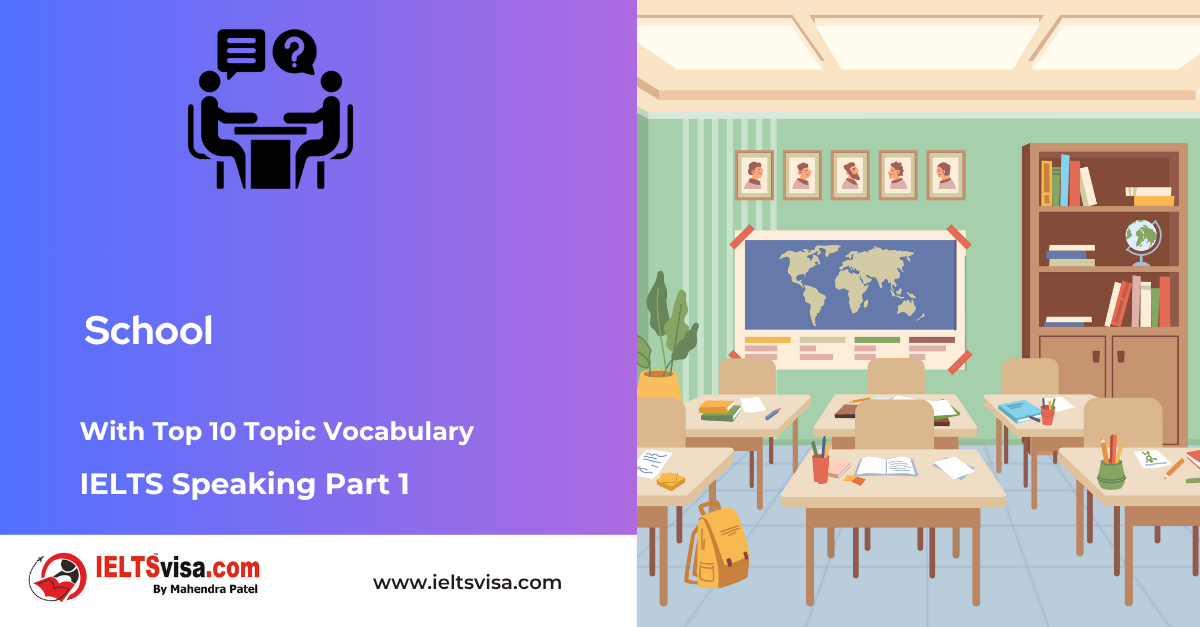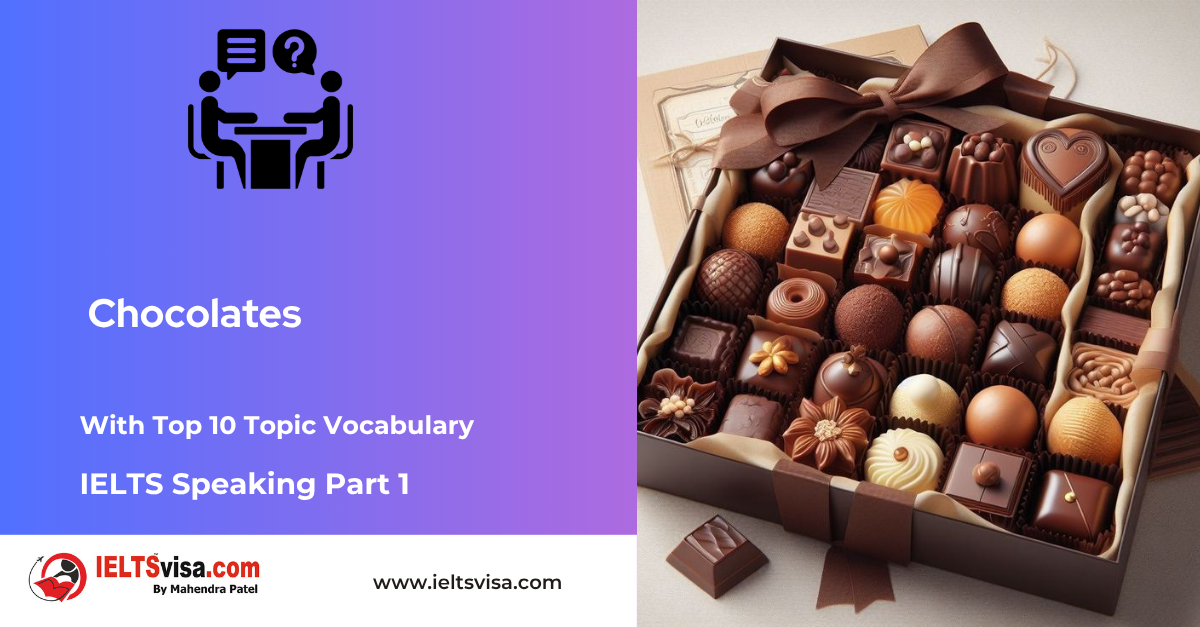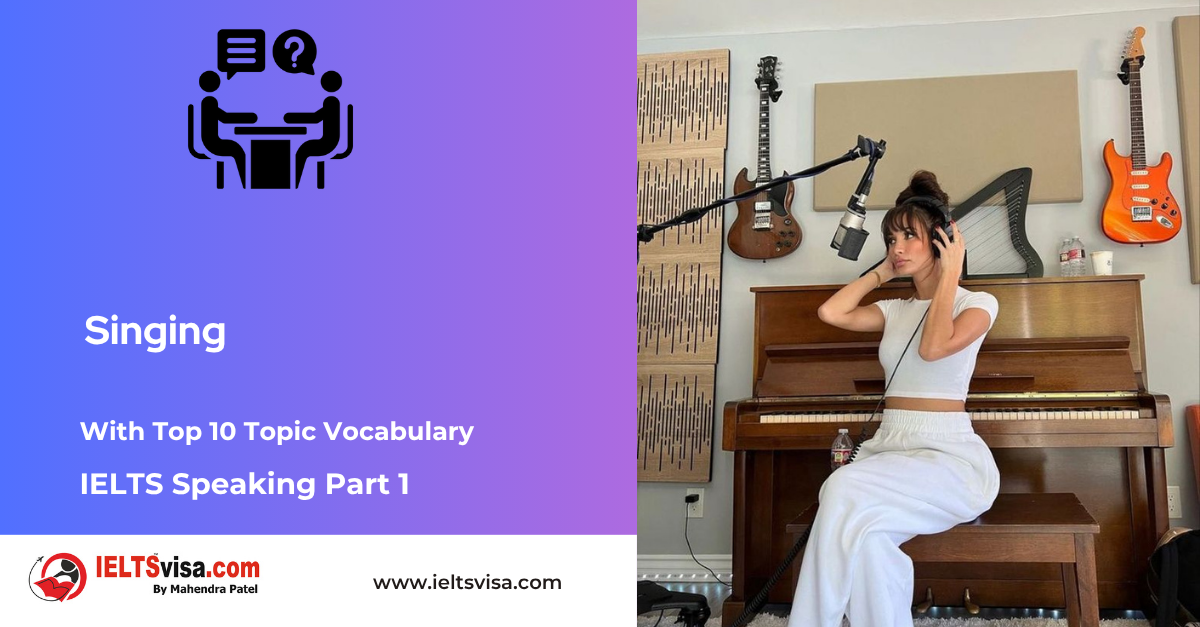A Bicycle/Motorbike/Car Trip That Is Interesting
IELTS Speaking Part 2 (Cue Card) Part 3: Follow-Up Questions
A Bicycle/Motorbike/Car Trip That Is Interesting
🗂️ Part 2 – Cue Card
Describe a bicycle, motorbike or car trip that is interesting.
You should say:
- When it happened
- Where you went
- Who you were with
And explain why it was interesting.
🗣️ Sample Answer
An enjoyable trip I took was a road trip to the Blue Mountains in a car with my college friends last winter. We had been planning it for weeks and finally went during our semester break.
We started early in the morning and drove for around two hours. The drive was scenic, with winding roads, tall eucalyptus trees, and cool weather. We stopped at viewpoints, took photos, and played our favourite songs the whole way.
It was interesting because the journey was just as enjoyable as the destination. We had fun conversations, shared snacks, and made unforgettable memories. That trip brought us closer and helped me relax from academic pressure.
🔁 Part 3: Follow-Up Questions
- What kinds of vehicles are popular in your country?
Cars and motorbikes are the most common. Bicycles are used too, especially in smaller towns. - Is it better to travel by car or public transport?
It depends. Cars offer flexibility, but public transportation is often cheaper and more eco-friendly. - Do people prefer short trips or long journeys?
Short trips are common due to time limits, but long journeys are great for vacations and exploring new places. - What are the benefits of travelling by bicycle?
It’s healthy, cost-effective, and environmentally friendly. It also helps reduce traffic. - Why do people go on road trips?
For fun, adventure, or to explore. Road trips allow you to enjoy the journey as much as the destination. - Is it important to plan a trip in advance?
Yes, to avoid problems and save money. Planning ensures smoother travel. - Do car trips help build relationships?
Definitely, people talk, laugh, and spend quality time together during long drives. - Can car travel be stressful?
Sometimes, due to traffic or breakdowns. But good company and music help. - Are road trips popular among young people?
Yes, especially with friends. They like the freedom and adventure of road travel. - How has technology changed travel experiences?
GPS, music apps, and online booking have made travel more convenient and enjoyable.
Top 10 Topic Vocabulary – A Bicycle/Motorbike/Car Trip That Is Interesting
| Vocabulary | Type | Meaning | Synonyms | Antonyms | Word Family | Example Sentence |
| Scenic | Adj | Beautiful to look at (especially nature) | Picturesque | Dull | Scenery | The scenic drive made the journey memorable. |
| Winding | Adj | Having many turns or curves | Twisting, curvy | Straight | Wind (v.), windingly | We drove along winding mountain roads. |
| Viewpoint | Noun | A place with a good view | Lookout, overlook | — | — | We stopped at every viewpoint to take pictures. |
| Relax | Verb | To become less tense or anxious | Unwind | Stress | Relaxation, relaxed | The trip helped me relax after exams. |
| Unforgettable | Adj | So good or important that it cannot be forgotten | Memorable | Forgettable | — | It was an unforgettable experience. |
| Semester break | Noun | A holiday between school terms | Midterm break | — | — | We planned the trip during the semester break. |
| Bonding | Noun | Forming strong relationships | Connection | Division | Bond, bonded | The trip created great bonding moments. |
| Flexible | Adj | Able to be changed or adapted | Adjustable | Rigid | Flexibility | Travelling by car is more flexible. |
| Breakdown | Noun | Mechanical failure of a vehicle | Malfunction | — | Break down (v.) | Luckily, we had no breakdowns during the trip. |
| Journey | Noun | An act of travelling from one place to another | Trip, travel | Stationary | Journeyed | The journey was just as exciting as the destination. |

Our Books
Master IELTS Speaking Part 1
IELTS Writing Task 1 Book
IELTS Writing Task 2 Book
Practice IELTS Other Modules
IELTS Listening
The IELTS Listening test assesses how well you can understand spoken English in various contexts. It lasts about 30 minutes and is divided into four sections with a total of 40 questions. The listening tasks become increasingly difficult as the test progresses.
IELTS Academic Reading
The IELTS Academic Reading section assesses your ability to understand and interpret a variety of texts in academic settings. It is designed to evaluate a range of reading skills, including skimming for gist, reading for main ideas, reading for detail, understanding inferences, and recognizing a writer's opinions and arguments.
IELTS Speaking
The IELTS Speaking test assesses your ability to communicate in English on everyday topics. It lasts 11-14 minutes and consists of three parts: introduction, cue card, and a discussion based on the cue card topic.
IELTS General Reading
IELTS General Reading tests your ability to understand and interpret various types of texts. Here are some key areas and types of content you can expect to encounter in the reading section, along with tips for effective preparation.
IELTS Academic Writing Task 1
In IELTS Academic Writing Task 1, you are presented with a visual representation of information, such as graphs, charts, tables, or diagrams, and you are required to summarize, compare, or explain the data in your own words.
IELTS General Writing Task 1
In IELTS General Writing Task 1, you are required to write a letter based on a given situation. The letter can be formal, semi-formal, or informal, depending on the prompt. Here’s a breakdown of the key components to include in your letter
IELTS Academic Writing Task 2
In IELTS Academic Writing Task 2, you are required to write an essay in response to a question or topic. Here’s a guide to help you understand the essential elements of this task
IELTS Exam Tips
To succeed in the IELTS exam, practice regularly, familiarize yourself with the test format, improve your vocabulary, develop time management skills, and take mock tests to build confidence.
Grammer for IELTS
Grammar is the foundation of effective communication in English. Understanding tense usage, subject-verb agreement, and sentence structure enhances clarity and coherence in writing and speaking.
Vocabulary for IELTS
Vocabulary plays a crucial role in the IELTS (International English Language Testing System) exam, especially in the Speaking and Writing sections. Here’s an overview of why vocabulary is important and how it impacts your performance
RECENT IELTS SAMPLES QUESTIONS AND ANSWERS
IELTS Speaking Part 1 – Being Bored
IELTS Speaking Part 1 - Being Bored Q1: Do you often get bored? A: Sometimes, especially when I don’t have...
IELTS Speaking Part 1 – Cakes
IELTS Speaking Part 1 - Cakes Q1: Do you like eating cakes?A: Yes, I love cakes, especially chocolate and red...
IELTS Speaking Part 1 – School
IELTS Speaking Part 1 - School Q. Did you like going to school?A. I enjoyed going to school. It was a place...
IELTS Speaking Part 1 – Cakes
IELTS Speaking Part 1 - Cakes Examiner: Do you like eating cakes?Candidate: Yes, I love cakes, especially...
IELTS Speaking Part 1 – Singing
IELTS Speaking Part 1 - Singing Examiner: Do you enjoy singing?Candidate: Absolutely! Singing is a great way to...
IELTS Speaking Part 1 – Shopping
IELTS Speaking Part 1 - Shopping Examiner: Do you enjoy shopping?Candidate: I enjoy shopping. It’s a fun...

